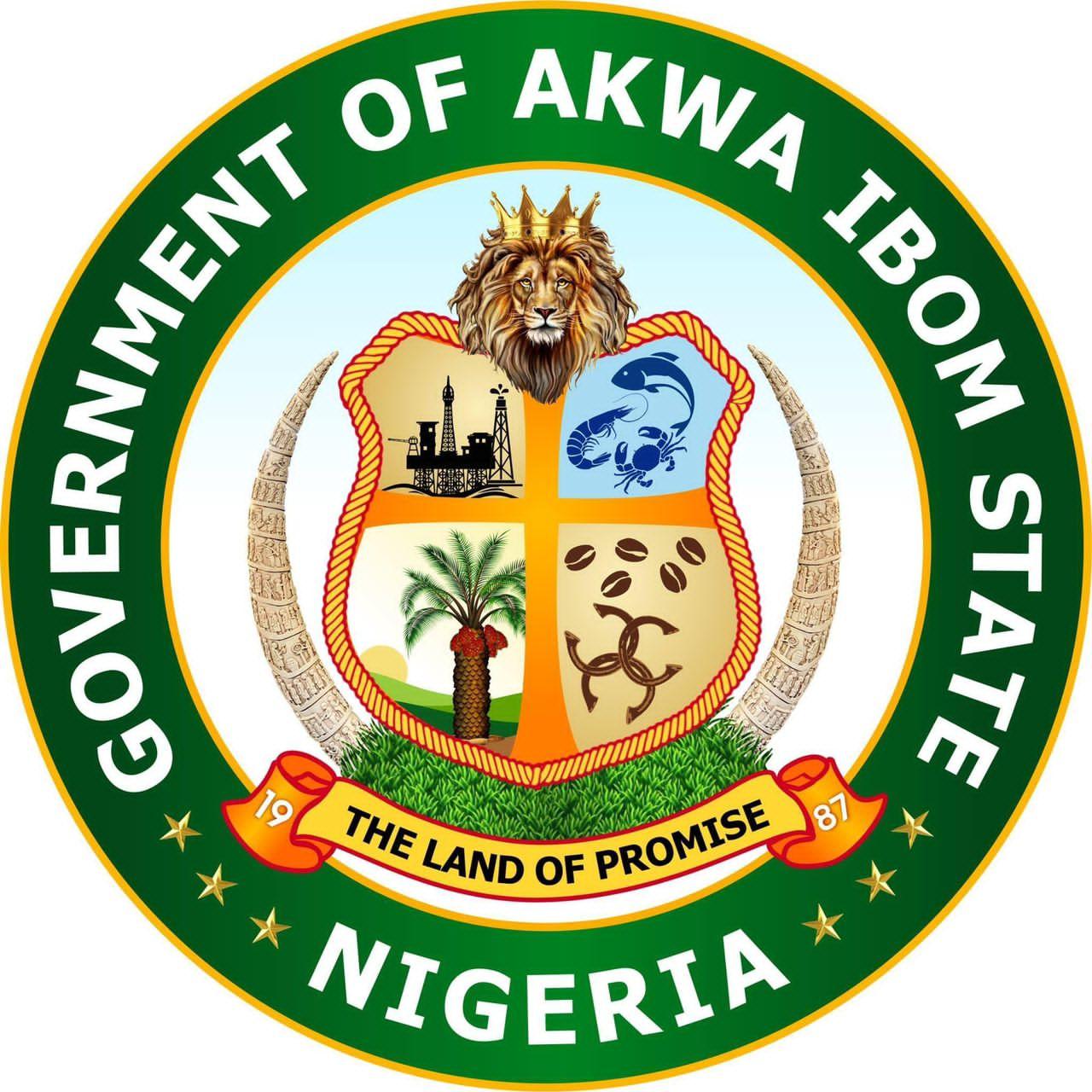The Akwa Ibom government is setting its sights on aiding the 600,000 households included in the state’s Social Register by implementing diverse intervention schemes to alleviate the ongoing economic strains experienced across the state.
The commissioner of Economic Development, Mr Emem Bob, disclosed this in Uyo on Monday during the ministerial briefing on ARISE Scorecard, with the theme: ” Food Sufficiency and Security: The Intervention and Sustainability Strategy of Governor Umo Eno”.
Bob made it clear that although the Social Register presently encompasses about 2.3 million individuals, the government’s primary reliance for intervention purposes lies with the 600,000 households identified as the most vulnerable and in need of support.
His words, “The social register is well- structured, it’s structured in such a way that we have broken the villages, wards and local local governments, and these make up the state’s social register.
“Presently, in Akwa Ibom, we have about 2.3 million people in the social register and about 600,000 households and counting.
He elaborated that households have remained central to our intervention approach in the state.
“These are vulnerable people who were selected through the community-based target. How people are selected for the social register is very clear, it is a transparent process. It is a transparent process because the enumerators have to verify the individual’s living condition.
Read also: Healthcare: Akwa Ibom To Set Up 10 Dialysis Centers
“Don’t forget that anything that involves the World Bank is very transparent; they are thorough.
He elucidated Community Based Targeting has been instrumental in establishing the Social Register, with our State Organizing Coordinating Units collaborating closely with the National Social Safety Nets Coordinator unit in Abuja.
“They work together and they have Staff across the local government. They go to villages, meet with village heads to pick these people”
Also speaking at the event the Commissioner for Agriculture and Rural development, Dr. Offiong Offor said the current administration was investing in Agriculture to achieve food security and food availability in the state.
She explained that about. Seven (7 ) local government areas have provided lands to support the government efforts, stressing.
” This Government is funding agricultural cooperative societies, providing lands, fertilizers, improved seedlings, cassava stems, loans and grants and constructing rural roads all in a bid to increase food production.
“The government is also working with market unions to supply staple foods at subsidized prices. It has provided cold rooms, fishing nets and boats to artisanal fishermen”

